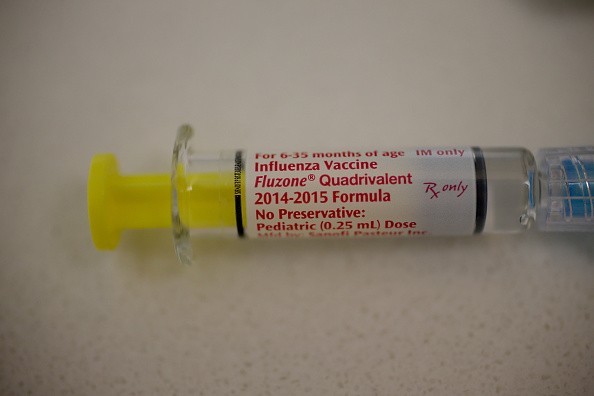
It is that time of year again. Not just the holidays: flu season. But this year's flu season is off to a slower start and may be milder than usual, according to the Centers for Disease Control and Prevention.
The last three flu seasons started before Christmas, but this year, as yet, there is not much influenza going around. Last year, people were reporting to their doctors' offices before Christmas and illnesses peaked by late December. However, historically, most flu seasons start around Christmas because the virus is often passed around at holiday parties. Children get infected and then pass the virus along when they get back to school in January.
The CDC released its weekly flu count Friday. Only South Carolina has seen any significant flu-related cases at doctor's offices and health clinics. The most frequently identified influenza virus type reported by public health laboratories has been influenza A, predominately influenza A (H1N1).
"It really is off to sort of a slow start" compared to that recent history, said Lynnette Brammer of the Centers for Disease Control and Prevention.
So far this year there has been a mix of flu viruses that are making people sick, Brammer said. In bad seasons, one nasty flu strain dominates. Last year, the flu vaccine was not as effective against the strain that caused most of the illnesses. This year's version of the vaccine has been changed.
Researchers at Los Alamos National Laboratory are predicting there will be a 57% chance this flu season will peak in February, and a 67% chance it will be mild. They used mathematical models to come up with these statistics.
Experts are still curious why flu seasons started earlier than usual in the last few years. Factors might include the weather and what kind of flu bugs have been prevalent, Dr. John Treanor, a flu vaccine researcher at the University of Rochester School of Medicine, said to the Associated Press.
On the bright side of an already bright flu picture, the delay in flu seasons means that people have more time to be vaccinated, Brammer said.



